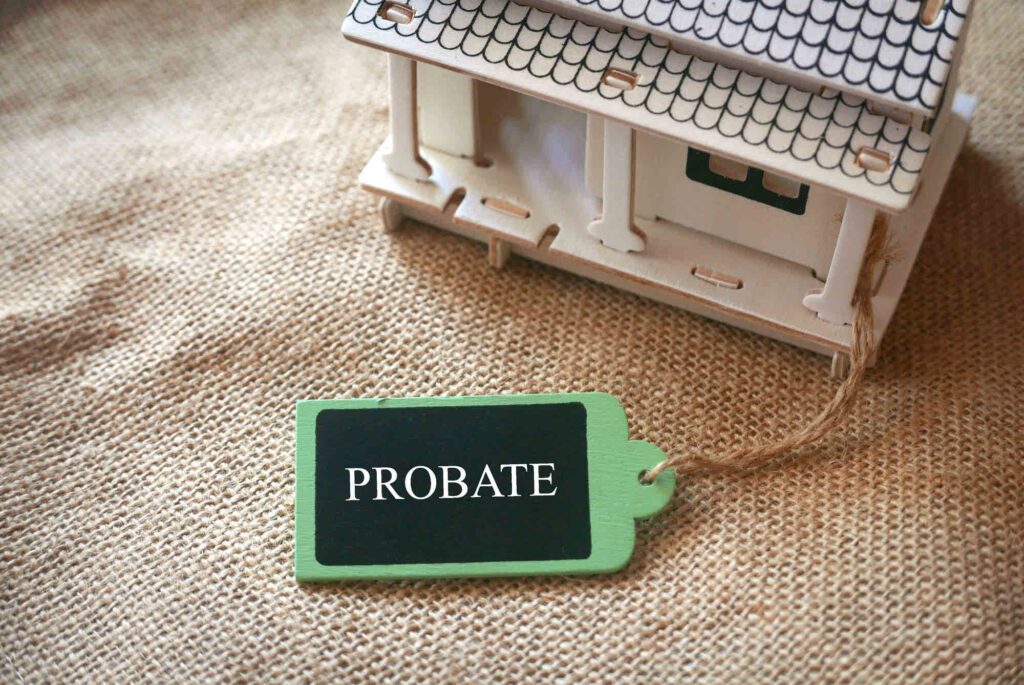What is a divorce application?
A divorce application is a formal application made by married spouses apply to legally end their marriage. In Australia, divorce is governed by a ‘no fault’ divorce system, meaning the Court does not consider the reasons for the breakdown of the relationship. The only requirement is that there is an ‘irretrievable breakdown.’
To demonstrate an irretrievable breakdown, the parties must establish that they have been separated for a period of twelve months and that there is no reasonable prospect of reconciliation.
When can I apply for a divorce?
An application for divorce can be made once the parties have been separated for twelve months prior to filing for divorce. This twelve-month period does not need to be ongoing or continuous and may be aggregated over time.
For instance, if the parties were initially separated for seven months, reconciled for three months, and then separated again for a further five months, the initial and subsequent separation periods (seven months and five months) may be combined to satisfy the twelve-month requirement.
It is important to note, however, that the period of reconciliation can only be for one period of a maximum of three months. If the reconciliation period is longer than three months, the Court will deem the relationship to have resumed, and the twelve-month separation period must starts again.
What happens if there is a disagreement between the separation date?
A minor discrepancy regarding the date of separation is unlikely to have a significant impact of the variance is minimal, for example a few weeks or even a month. This is because there is typically a delay between filing the application and the matter being heard before a Registrar, during which time the twelve-month separation period may have lapsed from the latter date.
However, if there is a substantial difference between the dates, for example six months, then the Court may need to schedule a hearing date to determine the actual separation date. Alternatively, the Court may require the applicant to withdraw the application and re-file once twelve months have passed from the later, disputed date.
Accordingly, it is essential to accurately and clearly establish the date of separation to avoid delays or complications in the divorce process.
When does separation start?
Separation generally occurs when a person and their spouse stop living together. However, as every relationship is different, the precise date of separation may not always be clear-cut. For instance, it is possible for parties to live in the same house and still be considered separated. This is referred to as the ‘separation under the one roof’ rule.
If parties have been separated under one roof during the twelve-month period of separation, parties may be required to provide additional information to the Court in the form of an affidavit. Conversely if parties have lived separately and apart for the entire twelve months, they do not need to provide additional information to the Court.
If a party is required to submit further evidence in the form of an affidavit, they may need to explain the following:
- When did the parties consider themselves separated?
- Did the parties tell their friends or family that they were separated?
- Did the parties stop going to events together as a couple?
- Did the parties stop doing chores together and for each other? (e.g. cooking, cleaning, washing clothes etc.)
Providing clear information can assist the Court in determining that a genuine separation has taken place, even if the parties continued to live under the same roof.
Does the length of the marriage determine a parties applicability for a divorce application?
Whilst the duration of the marriage generally does not affect a party’s eligibility to obtain a divorce, the Family Law Act requires parties who have been married for less than two years to attend counselling and provide counselling certificate to the Court.
However, exceptions may apply where a party is not required to attend counselling, such as in circumstances involving allegations of family violence, or where one party refuses to participate in counselling. In such cases, the Court may grant leave to proceed with the divorce application without the counselling certificate.
What happens the parties have any children under the age of 18?
If a party files a sole application for divorce and have children under the age of 18, both parties will need to attend Court, to ensure proper arrangements have been made for the children’s care. If the application is a joint application for divorce, divorce orders can be made by the Court ‘in chambers’ – meaning that a party will not need to attend Court.
The information provided in this article is general advice only. Given that each situation is unique, we recommend that you contact our family law team if you have been served or are considering filing an application for divorce. Our team can be contacted on (03) 9311 8911.





